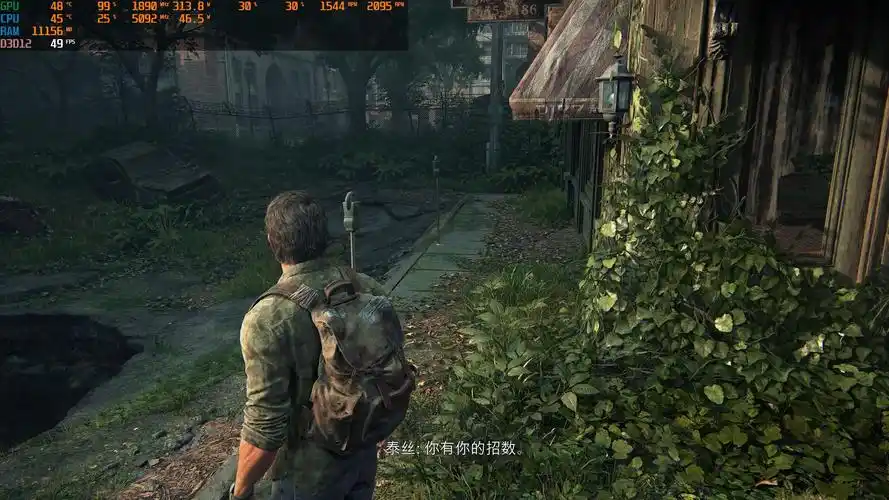Title: Beyond the Sink: The VR Expansion Redefining Mundane Tasks in "Soap Dispenser Sign Installer Simulator VR"
Virtual Reality has long promised to transport us to worlds beyond our imagination—to alien planets, epic battlefields, and fantastical realms. But what about the worlds within our own? The mundane, the overlooked, the utterly ordinary? "Soap Dispenser Sign Installer Simulator VR" dared to ask that question, offering a bizarrely meditative and oddly satisfying experience centered on the hyper-specific profession of installing instructional signage above public restroom sinks. Its initial success was a testament to the surprising appeal of meticulous, real-world tasks in VR. Now, with the "Place Missions" expansion, the developers at Mundane Magic Studios have not merely added content; they have fundamentally re-engineered the game's philosophy, transforming it from a quirky simulator into a profound exploration of space, purpose, and human interaction.

The core gameplay loop remains gloriously intact. Players, equipped with their virtual toolbelt featuring a laser level, a power drill, a variety of screws, and a stack of impeccably designed signs, are tasked with installing them perfectly. The satisfaction comes from the process: measuring the exact spot, ensuring the sign is perfectly level, drilling pilot holes, and finally securing the sign in place. The original game focused on efficiency and precision, set in a series of sterile, empty bathrooms. The "Place Missions" expansion shatters this isolation, introducing the critical new variable: Place.
PlaceMissionsExpansion #VRSimulation #MundaneMagic
The expansion is built around a new campaign mode featuring over 50 unique missions, each set in a dynamically active environment. You are no longer installing signs in a void. You are now an integral, if silent, participant in a living ecosystem. The "place" in each mission is a character in itself. One early mission tasks you with installing a new, eco-friendly "Please Conserve Water" sign in the bustling restroom of a high-end restaurant during peak dinner service. Patrons wash their hands, chat, and glance at you curiously. The low hum of conversation and clinking porcelain forms the soundtrack to your work. The challenge is no longer just about precision; it's about timing, spatial awareness, and subtle social pressure. Do you wait for a lull in traffic? Do you work quickly while someone is using the hand dryer? The environment dictates your rhythm.
This concept is explored further in more extreme scenarios. A mission set in a busy international airport restroom requires you to work amidst a constant, rushing flow of travelers and the frequent, thunderous roar of flushing toilets. Another, set in a grimy, poorly-lit dive bar, challenges you to install a "Please Wash Hands" sign while navigating sticky floors and the disgruntled mutterings of patrons. The environmental storytelling is rich and subtle. The state of the sink, the choice of soap dispenser, the graffiti on the walls—all tell a story about the "place" you are in, making each installation feel uniquely significant.
GameDesign #VirtualReality #ImmersiveGaming
To complement these new environmental challenges, the expansion introduces a sophisticated "Awareness" system. A subtle meter on your wristwatch indicates your level of intrusion. Working too slowly or obstructing pathways causes the meter to rise, leading to annoyed comments from NPCs or, in corporate settings, a visit from a impatient facilities manager. This adds a layer of gentle strategy, encouraging players to be not just good installers, but considerate ones. It’s a brilliant mechanic that fosters empathy for service workers who perform their tasks within the flow of public life.
Beyond the new campaign, "Place Missions" adds a "Procedural Endless" mode. This mode generates an infinite number of unique restrooms based on various parameters—venue type (hospital, school, theater), cleanliness, foot traffic level, and even time of day. One moment you might be installing a sign in the spotless, quiet restroom of a corporate office at 3 AM, with only the hum of the ventilation for company. The next, you could be in a chaotic family restroom at a highway service station during a holiday weekend. This mode ensures infinite replayability and constantly tests your adaptability.
The expansion also delves deeper into the "lore" of the profession. New clients with specific demands are introduced. A meticulous museum curator requires historical accuracy in the font and material of the sign. An anxious school principal needs extra-durable fixtures installed at a child-friendly height. A zen spa manager requests a completely silent installation using specialized tools. These clients communicate via a new in-game smartphone, offering briefs and feedback, making you feel like a true freelance sign installer building a reputation.
TechInnovation #VRExperience #IndieGameDev
From a technical standpoint, the expansion is a marvel. The AI of the NPCs is nuanced; they don’t just pathfind around you. They glance at your work, sometimes offering a quiet "thank you" if you move out of their way, or sighing if you’re taking too long. The audio design is paramount, with every environment having a distinct and layered soundscape that is crucial for planning your actions. The haptic feedback through the VR controllers has been refined, making the tactile difference between drilling into drywall and a tiled wall truly palpable.
"Soap Dispenser Sign Installer Simulator VR: Place Missions Expansion" is a testament to the idea that depth in video games isn't always found in grand narratives or complex mechanics. Sometimes, it’s found in the details of a perfectly leveled sign, the quiet satisfaction of a job done well amidst the chaos of everyday life, and the newfound appreciation for the people who maintain the often-invisible infrastructure of our society. It transforms a joke concept into a genuinely meaningful and immersive simulation. It’s no longer a game about installing signs; it’s a game about finding focus and purpose in public spaces, making the mundane not just simulated, but sacred.


















